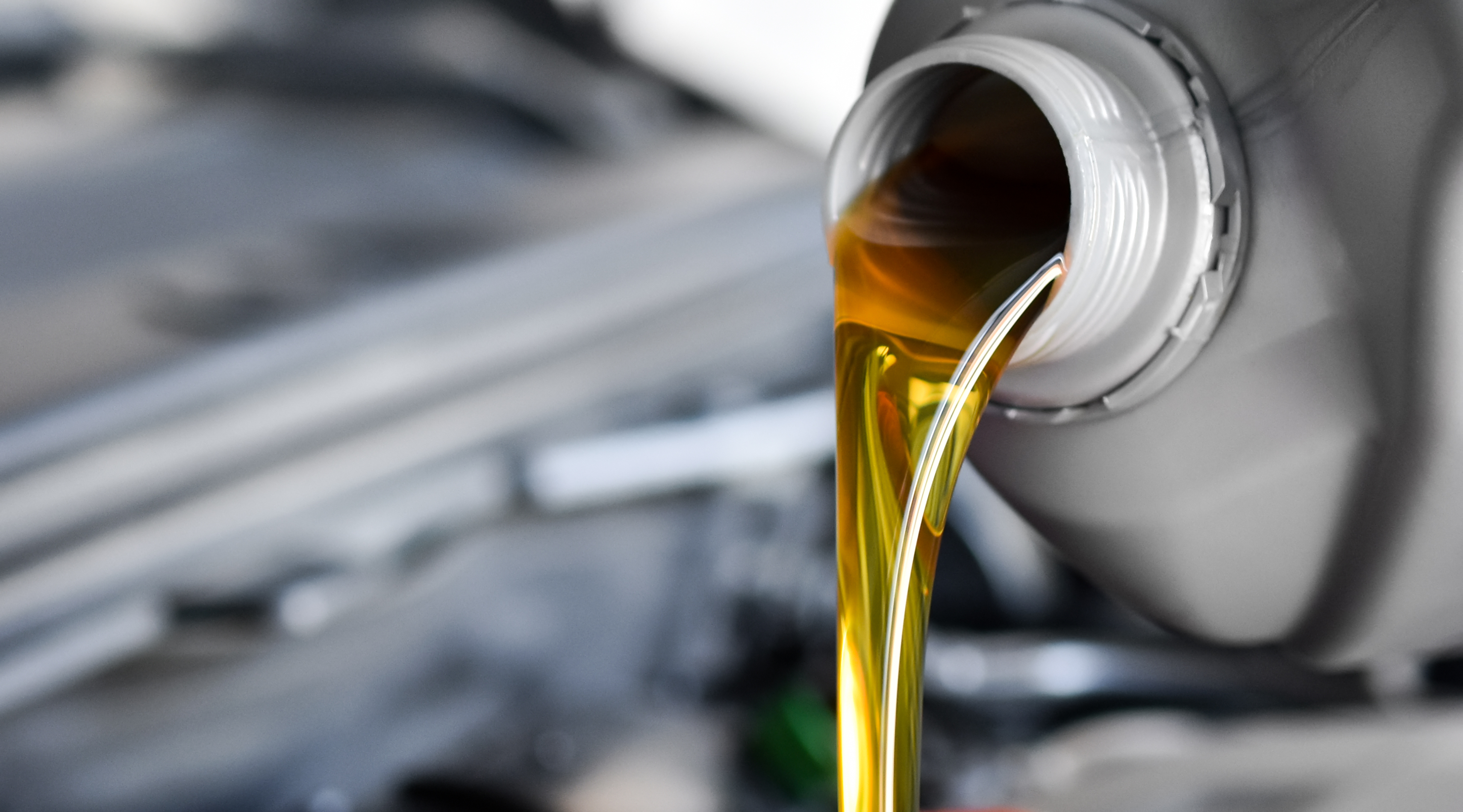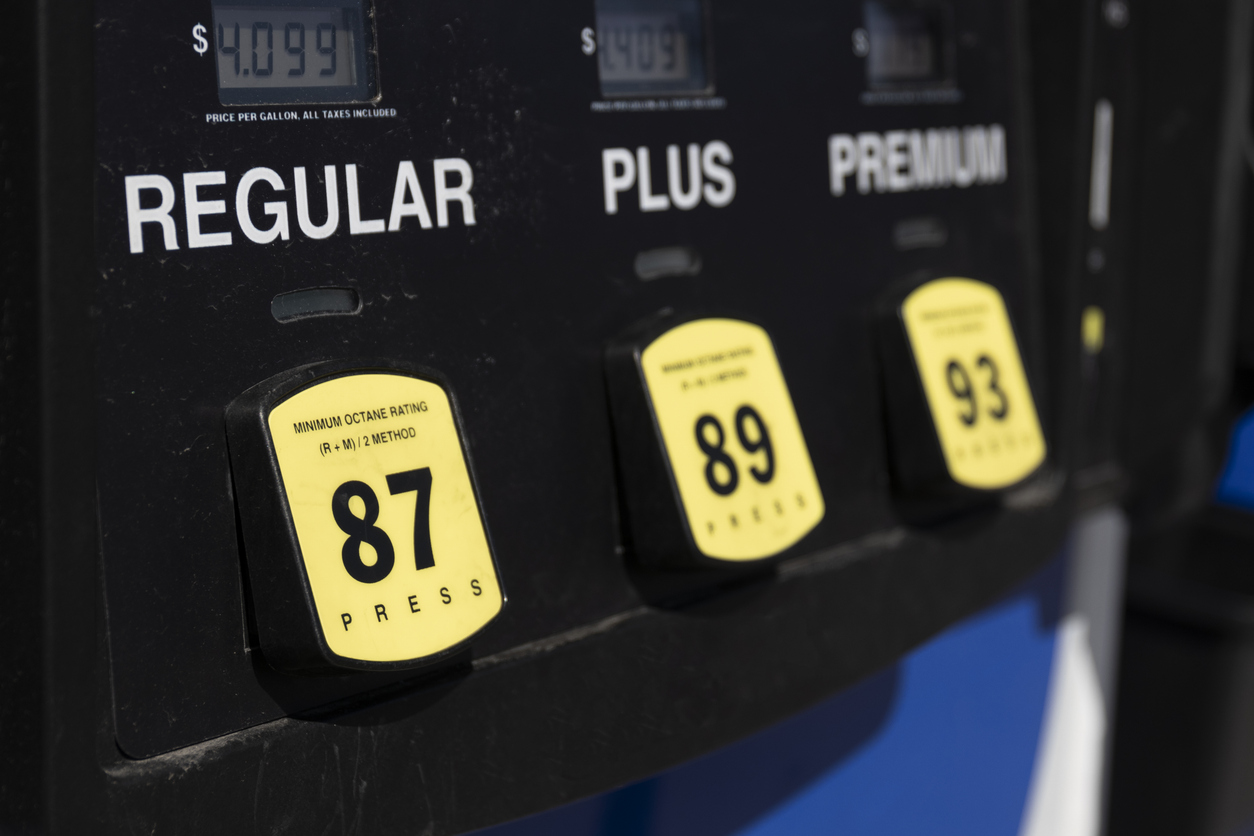Posted on 1/20/2026

Why Winter Is Tough on Your Battery, Brakes, and Fluids The holidays often mean long road trips, stop-and-go traffic, packed cars, and unpredictable winter weather. Once the decorations come down and life returns to normal, many drivers forget one important step: post-holiday vehicle maintenance. At Bret’s Autoworks, we see firsthand how winter driving can quietly take a toll on key systems—especially your battery, brakes, and fluids. Addressing these issues early can help prevent breakdowns, extend your vehicle's life, and keep you safe during the coldest months of the year. Why Winter Driving Is Hard on Your Vehicle Winter conditions are tough on cars for several reasons: Cold temperatures reduce battery efficiency Snow, ice, and road salt accelerate wear on braking components Short trips and temperature swings stress engine fluids Even if your vehicle seems to be running fine, winter wear often builds slowly&mdas ... read more
Posted on 1/14/2026

Cold temperatures, snow, ice, and road salt can be tough on your vehicle. A winter vehicle inspection helps catch minor issues before they become breakdowns—especially when conditions are at their worst. Whether you’re commuting daily or heading out for holiday travel, a winter inspection gives you peace of mind and keeps your car performing safely all season long. Below is what’s typically included in a winter vehicle inspection—and why each item matters. Battery & Electrical System Why it matters: Cold weather significantly reduces battery power. A weak battery that works fine in summer may fail on a freezing morning. What’s checked: Battery charge and overall health Corrosion on terminals Alternator and starter performance Catching a failing battery early can prevent being stranded in cold weather. Tires & Tire Pressure Why it matters: Tires lose pressure as temperatures drop, and worn ... read more
Posted on 12/11/2025

As technology and automotive trends evolve, staying on top of annual car care is more important than ever. In 2026, preventive maintenance remains the key to avoiding costly repairs, improving safety, and extending your vehicle's life. Here are the top car care tips for drivers this year. Prioritize Advanced Diagnostics Modern vehicles rely heavily on sensors and onboard computers. Advanced diagnostic scans can identify issues well before they require major repairs. Scheduling routine diagnostics ensures everything from your fuel system to your safety systems is running as designed. Keep Up With Software Updates More vehicles now require regular software updates, much like your phone or computer. These updates can improve fuel efficiency, fix system bugs, and enhance performance. If your vehicle alerts you about an update—or your auto shop recommends one—don’t delay. Protect Your Battery in Extreme Weather Kansas winters can be harsh, and summers can be even ... read more
Posted on 11/7/2025

There’s nothing worse than waking up to the first chilly morning of the season… only to find out your heater or defroster isn’t working. When the temperatures drop, your comfort and safety behind the wheel depend on a well-functioning heating and defrosting system. Before winter weather settles in, now is the perfect time to make sure everything is running exactly as it should. Why a Seasonal Heater & Defroster Check Matters Your vehicle’s heater and defroster do more than just keep you warm—they’re essential for visibility and safe driving. A quick pre-winter check can help you avoid: Fogged or icy windows that won’t clear Weak airflow from vents Unpleasant odors or moisture buildup Unexpected breakdowns during freezing temperatures Catching small issues now can save you from bigger repairs (and much colder mornings) later. Stop by Bret&rsqu ... read more
Posted on 8/14/2025

Summer’s winding down, and that means cooler temperatures, busy school schedules, and eventually, icy roads. But before fall officially hits, now is the perfect time to take care of your vehicle’s overdue maintenance. At Bret’s Autoworks, we’re already seeing appointment books fill up for fall, so don’t wait! Here's why you should schedule your service now: Why Late Summer Maintenance Matters Heat Stress Recovery: Summer heat can take a toll on your engine, battery, tires, and cooling system. Back-to-School Safety: Whether you're sending your teen off to college or driving a carpool, safety checks matter. Fall Prep: Cooler temps and changing road conditions require fresh wipers, a strong battery, and solid tire tread. 🔧 Services to Prioritize Now Oil Change & Filter Replacement Battery Te ... read more
Posted on 7/16/2025
.jpg)
There’s nothing more frustrating than seeing your check engine light suddenly pop on while you’re driving around Kansas City. That little glowing light can mean anything from a loose gas cap to a serious engine issue. So, how do you know if it’s something you can fix yourself or if you should head straight to a trusted mechanic? At Bret’s Autoworks, we help drivers figure that out every day. Here’s what you should know when your check engine light comes on — and what steps to take next. Common Reasons Your Check Engine Light Comes On1. Loose or Damaged Gas Cap A loose, cracked, or missing gas cap is one of the most common reasons the check engine light comes on. It disrupts the fuel system pressure, which triggers the warning. 2. Faulty Oxygen Sensor Your oxygen sensor monitors the air-to-fuel mix in your engine. When it malfunctions, it can reduce g ... read more
Posted on 6/20/2025

Summer in Kansas isn’t for the faint of heart. With temps soaring well into the 90s (and beyond), your vehicle’s air conditioning isn’t just a luxury — it’s a necessity. At Bret’s Autoworks in Gardner, we want to make sure you stay cool and safe no matter how hot it gets outside. If your car’s A/C is blowing warm air, making strange noises, or just not keeping up, it might be time for a checkup. Signs Your A/C Might Be Failing: Blowing warm or weak airStrange smells or noises when the A/C is onDashboard warning lightsLonger cool-down timesUnusual humidity inside the vehicle Ignoring the early signs can lead to bigger — and more expensive — problems down the road. Don&rsquo ... read more
Posted on 5/21/2025

At Bret's Autoworks, regular oil changes are one of the most essential—and cost-effective—ways to protect your vehicle's engine and extend its lifespan. Whether commuting through Overland Park or taking long road trips across Kansas, routine oil maintenance ensures your engine runs smoothly, efficiently, and reliably. Why Oil Changes Matter Motor oil is the lifeblood of your engine. It lubricates moving parts, reduces friction, prevents overheating, and traps contaminants such as dirt, metal particles, and moisture. Over time, oil degrades and becomes less effective, leading to increased wear and tear on engine components. Neglecting oil changes can result in: Sludge buildup that clogs engine passages Increased friction leading to overheating Reduced fuel efficiencyPremature engine wear or failure Regular oil changes help prevent these issues, ensurin ... read more
Posted on 4/16/2025

How to Improve Your Car’s Gas Mileage and Save Money Bret’s Autoworks | Expert Auto Care in Gardner, KS With gas prices fluctuating and summer road trips on the horizon, finding ways to stretch your fuel dollar is more important than ever. The good news? You don’t have to buy a new car to improve fuel efficiency. A few simple changes in how you drive and maintain your vehicle can go a long way toward saving money at the pump. 1. Keep Your Tires Properly Inflated Low tire pressure causes your engine to work harder, burning more fuel. Check your tire pressure regularly (especially with changing seasons) and keep it at the manufacturer’s recommended PSI. Not sure what that is? You’ll usually find it on a sticker inside your driver’s side door or in your owner’s manual. 2. Lighten the Load Hauling around unnecessary weight, like unused sports gear, tools, or storage bins, can lower your MPG. Every extra 100 pounds in y ... read more
Posted on 3/20/2025

our vehicle’s braking system is one of its most important safety features, and neglecting brake issues can lead to dangerous situations on the road. If you’ve noticed unusual sounds, vibrations, or changes in how your brakes feel, it’s time to take action. At Bret’s Autoworks, we’re here to help you recognize the warning signs before they become costly or hazardous. Common Brake Warning Signs Squeaking or Grinding Noises – If you hear a high-pitched squeak when braking, your brake pads may be wearing down. A grinding sound could mean the pads are completely worn and damaging the rotors. Vibrations While Braking – Feeling a shake or vibration in the steering wheel or brake pedal? This often signals warped rotors, which can affect braking performance. Soft or ... read more